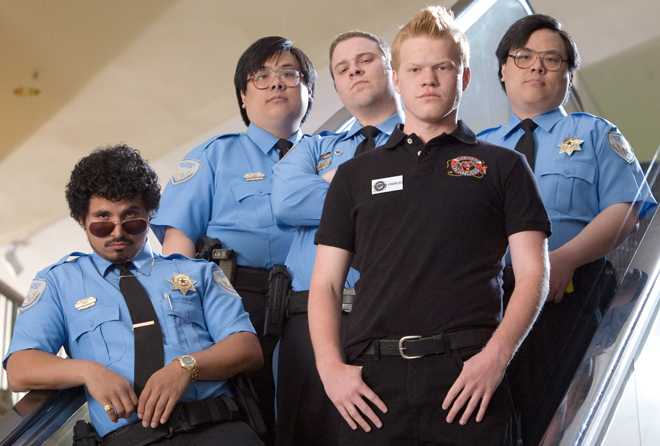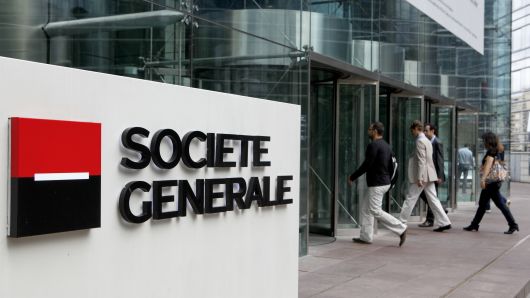It was a Bad Week for the Waked MLO
Last week, the United States Department of the Treasury’s Office of Foreign Assets Control (“OFAC”) designated the Waked Money Laundering Organization (“Waked MLO”), its leaders and associates, and 68 companies tied to it under the Foreign Narcotics Kingpin Designation Act (“Kingpin Act”) for allegedly engaging in money laundering in support of narcotics trafficking activities. Designated entities included Grupo Wisa S.A., a Panamanian holding company for businesses operating in a variety of trade sectors, including the La Riviera retail chain; Vida Panama (Zona Libre) S.A., an import/export company operating in Panama’s Colon Free Trade Zone; and Balboa Bank & Trust, a Panamanian bank.
Soon after OFAC’s announcement of these designations, Panama’s government sprung into action and “launched an immediate investigation into the specific individuals and organizations” designated by the United States, according to Kenia Porcell Diaz, Panama’s Attorney General. While such an investigation was being launched, Panama’s government also “seized administrative and operating control of Balboa Bank & Trust” and “assumed control of the brokerage house Balboa Securities Corp.,” both of which were designated by the United States for providing financial services on behalf of the Waked MLO. These actions – and publicization of them – were undertaken to evidence the seriousness with which Panamanian authorities took the OFAC allegations, as even Panama’s U.S. embassy provided the Wall Street Journal with a list of statements made by Panamanian officials regarding the action being taken to push back against the Waked MLO.
These events are not unusual for U.S. sanctions designation-related cases. Especially in cases in which the United States is sanctioning entities and individuals in countries that are either allied to or on friendly terms with the United States, the host countries will often take their own action – subsequent to the OFAC designation – to show the seriousness with which they take the U.S. allegations and will thus seek to either criminally or civilly punish the responsible persons and entities in their home states. We see in the case of the Waked MLO that Panamanian authorities have quickly launched an investigation at the highest levels into the conduct of the individuals and entities alleged to be involved in the money-laundering scheme, while also moving to seize or takeover certain entities thought to be especially integral to the scheme as alleged by U.S. authorities.
This presents considerable challenges for U.S.-designated individuals and entities. By itself, the OFAC designation is punishing, insofar as designated persons and entities will often lose access to the global financial system, effectively shut out from being able to bank so long as their name appears on OFAC’s SDN List and triggers the compliance review of global banking institutions. But add on top of that the challenge of being subject to civil or criminal investigation in one’s own home country, often with assets either seized or blocked, then one can understand the harm inflicted by a U.S. sanctions designation.
Sometimes the action of home countries is not intended to be punitive either, but rather is regarded as a necessary action to protect other stakeholders. Take the case of Balboa Bank & Trust – a Panamanian bank that was designated for its alleged provision of financial services on behalf of the Waked MLO. Soon after news of its designation was issued, Panamanian authorities seized the bank and took over effective administrative control. The reasons for doing so were described by Panama’s banking regulator:
[Treasury’s move] puts at risk the interests of [Balboa] depositors…given that the prestige of the banking group is in question, and a substantial portion of its liquid assets are located in foreign jurisdictions subject to seizure.
The danger is apparent: the designation of Balboa Bank & Trust could harm not just the bank itself, but also all those who deposited funds there. Moreover, the potential collapse of the bank – of some probability – could run the risk of harming the broader Panamanian economy. Considering these risks, seizing the bank was regarded as a virtual necessity by Panamanian authorities.
This goes to show the enormous stakes involved with a U.S. sanctions designation. The fact that an individual’s name appears on the SDN List is often far from the end of the hardships that will endured — as that designation will trigger civil or criminal investigations in the person’s home state, etc.



